The Multifaceted Advantages of Utilizing Scannable IDs in Washinton: A Comprehensive Exploration
The Multifaceted Advantages of Utilizing Scannable IDs in Washinton: A Comprehensive Exploration
In today's highly digitized and regulated society, the use of scannable IDs has gained significant traction, offering a myriad of benefits that extend far beyond mere convenience. While acknowledging the ethical and legal considerations associated with their acquisition and utilization, it is imperative to delve into the various advantages that make scannable IDs an attractive option for individuals across various demographics.
1. Enhanced Security and Authentication
One of the primary advantages of Washinton scannable IDs lies in their heightened security features. Unlike traditional forms of identification, scannable IDs employ advanced technology, such as RFID chips, QR codes, or encrypted barcodes, that enable swift and secure verification of authenticity. This not only streamlines identity verification processes but also significantly reduces the risk of fraud and identity theft. In a world where online transactions and digital identities are increasingly prevalent, having a scannable ID adds an extra layer of protection, ensuring that personal information remains secure.
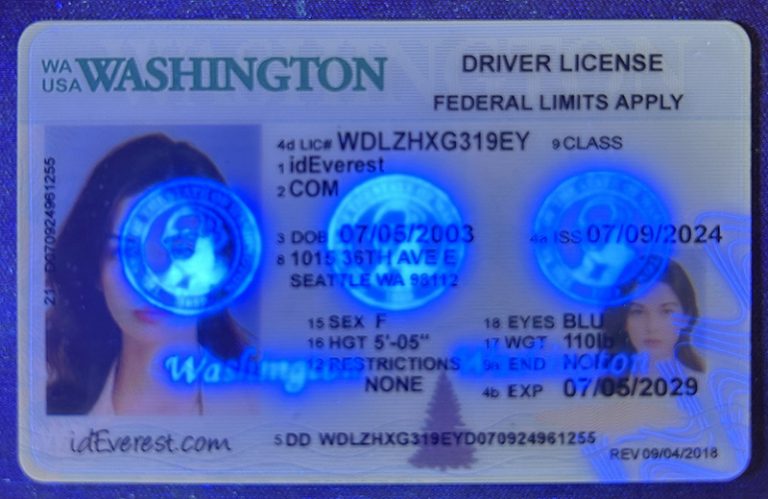
2. Expedited Access and Efficiency
Washington fake IDs greatly enhance the efficiency of access control systems, from border crossings to corporate offices. Rather than relying on manual checks or time-consuming verification procedures, scannable IDs can be scanned instantly, providing instant confirmation of identity and eligibility. This eliminates the need for lengthy queues and wait times, improving overall customer satisfaction and enhancing the operational efficiency of service providers. For instance, at airports, scannable passports facilitate seamless immigration processes, allowing travelers to swiftly proceed through customs and reach their destinations without undue delays.
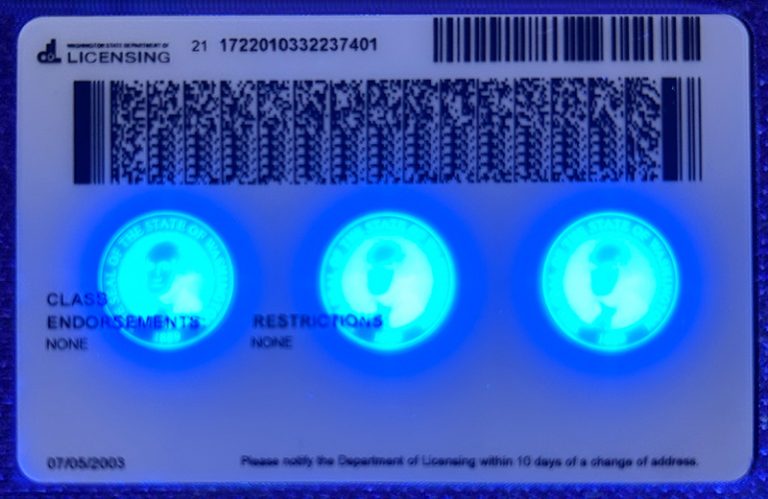
3. Facilitating Digital Integration
In an era where digital transformation is omnipresent, scannable IDs facilitate seamless integration with various online platforms and systems. From mobile apps to government databases, these IDs can be easily linked to electronic records, enabling individuals to access services, make transactions, or even prove their identity remotely. This digital integration not only streamlines administrative processes but also enhances user experience by providing access to services at any time, from anywhere. For example, many countries have introduced digital IDs that can be stored on smartphones, enabling citizens to access government services and perform transactions without the need for physical documents.
4. Improved Data Management and Tracking
Scannable IDs like US fake greencard also play a crucial role in improving data management and tracking capabilities. By storing information electronically, authorities and service providers can easily retrieve, update, and analyze data in real-time. This enables more effective monitoring of activities, such as border movements, tax compliance, or healthcare services, which in turn, aids in decision-making and policy formulation. Furthermore, the use of encrypted data ensures that personal information is kept confidential and secure, preventing unauthorized access or misuse.
5. Enhanced Privacy Protection
Contrary to popular belief, scannable IDs can actually provide better privacy protection than traditional identification methods. By employing strong encryption and secure data transmission protocols, scannable IDs minimize the risk of data breaches and unauthorized access. Moreover, users have greater control over their personal information, as they can selectively share data with authorized parties. This allows individuals to maintain their privacy while still enjoying the benefits of digital identification.
6. Facilitating Seamless International Travel
For frequent travelers, scannable IDs are a godsend. They eliminate the need to carry multiple physical documents, such as passports, visas, or driver's licenses, as all the necessary information can be stored electronically. This not only lightens the load but also reduces the risk of losing or forgetting important documents. Furthermore, with the advent of biometric scannable IDs, travelers can quickly pass through immigration and customs checks, minimizing wait times and enhancing overall travel experience.

7. Promoting Transparency and Accountability
Scannable IDs also contribute to greater transparency and accountability in various sectors. For instance, in the corporate world, employee IDs with embedded RFID chips can track employee movements and attendance, providing managers with real-time data for monitoring productivity and ensuring compliance with workplace policies. Similarly, in government sectors, scannable IDs can facilitate monitoring of public services, ensuring that resources are allocated and utilized effectively. This increased visibility and accountability promote a more efficient and responsive system, benefiting both service providers and end-users.

8. Enhancing Customer Experience
Lastly, scannable IDs significantly enhance customer experience in various sectors, from retail to healthcare. By enabling swift and secure identity verification, customers can enjoy seamless transactions, faster service delivery, and personalized experiences. For instance, in retail settings, scannable loyalty cards can be linked to customer profiles, allowing retailers to offer tailored discounts and promotions. In healthcare, scannable IDs can streamline patient registration processes, ensuring that medical records are accurately matched and accessible, improving patient care and outcomes..
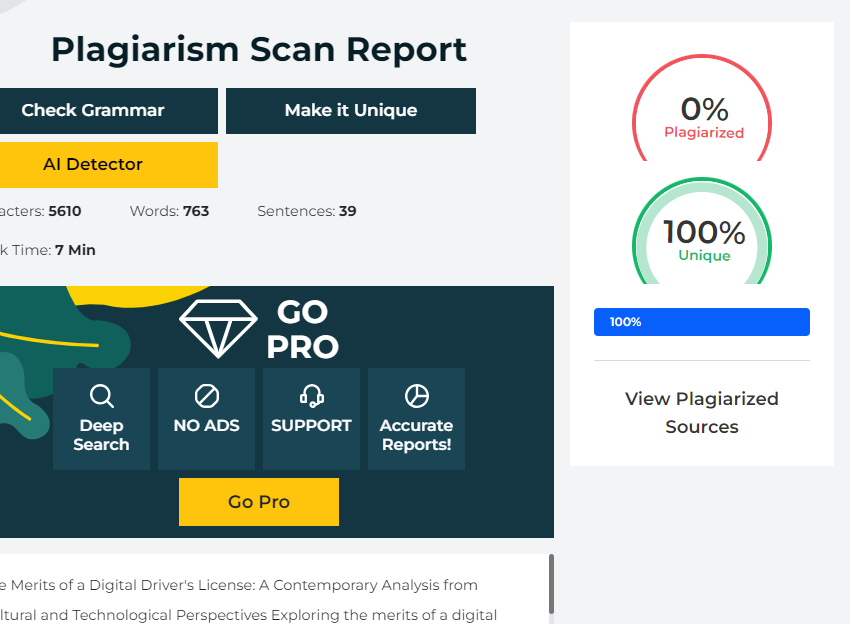
 MississippiDLFake ID
MississippiDLFake ID
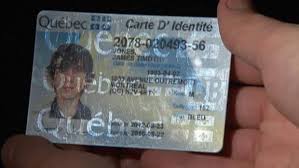 IndianaFake ID
IndianaFake ID
 MassachusettsFake ID
MassachusettsFake ID
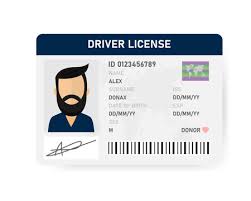 MichiganFake ID
MichiganFake ID